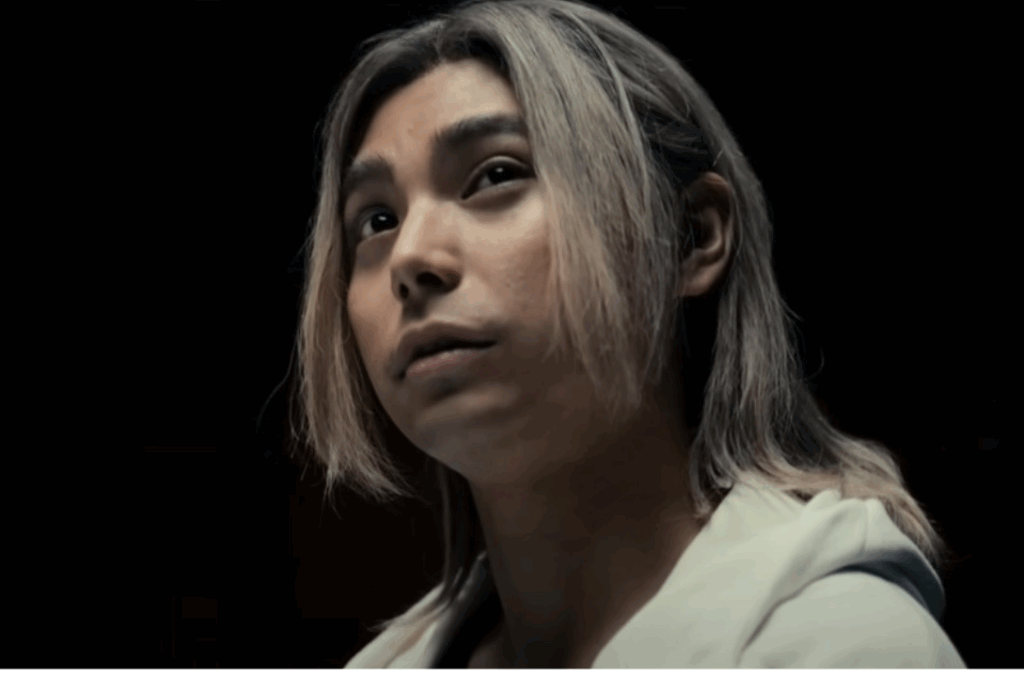One of the most intriguing theories to come out of Alice in Borderland Season 3 doesn’t just question Arisu’s luck; it reframes his entire existence as a protagonist. Fans might have noticed how Arisu’s survival often hinges less on strategy and more on sheer convenience, such as a memory recalled at the right time or an ally appearing in the nick of time.
However, this isn’t just sheer luck but also protagonist privilege stemming directly from his name. The series, inspired by Haro Aso’s original manga and thematically linked to Alice’s Adventures in Wonderland, establishes that names are more than identifiers; they shape destiny.
Arisu, at the end of the third season, when they are picking names for their baby, tells Usagi that names shape lives. This weaves back into the final game, where players glimpsed multiple possible futures, reinforcing the idea that fate isn’t fixed, but heavily guided by who you are.
The final scene of Season 3 only adds fuel to this theory. After Arisu and Usagi survive, we see a new character: a young woman named Alice, working as a server in a restaurant in the US. Although we do not see her face, her name is no coincidence. If Arisu’s story was tied to his “Alice” identity in a Japanese transliteration, then Alice herself could be the next protagonist in a spin-off or Season 4.
Is Alice a New Protagonist or a Reflection of Arisu’s Fate?




The introduction of Alice at the very end of Season 3 feels less like a random Easter egg and more like a deliberate setup. For fans of Lewis Carroll’s original Alice’s Adventures in Wonderland, the connection is obvious.
By revealing a literal Alice, the show hints that another journey, one that may or may not mirror Arisu’s journey, could be on the horizon. However, the question remains: is Alice meant to replace Arisu as the new protagonist in a potential new season, and will her fate be tied to Arisu, given their similar names?
Given how important names are in the series, there is a possibility that not only will we have a literal Alice in the Borderlands next, but she will also be the next protagonist. Moreover, since Arisu’s name seems to have destined him as the winner (given the connection with the novel), Alice might have an even greater luck and chance than Arisu.
The naming connection is too strong to dismiss. Arisu was always meant to be “Alice,” and now Alice might herself step into frame. Borderland does not just test random souls, as we saw in the third season, and Alice might be next in line, seeing how names are tied to fate.
How Names Reflect Possible Futures in Alice in Borderland

Alice in Borderland consistently stresses that names and destinies are interconnected. Take Chishiya, for example. His name resonates with “Cheshire,” as in the Cheshire Cat from Carroll’s novel: a sly, clever observer who guides others with cryptic commentary. In the series, Chishiya embodies that role perfectly, often serving as a commentator and moral compass.
Moreover, using the same logic, Arisu’s being Alice makes sense. This is why his ‘luck’ isn’t random but narrative destiny. Moreover, Usagi’s name directly means white rabbit, casting her as the elusive guide who draws Arisu deeper into the borderland.
However, at the same time, while names may reflect possible futures, they do not always dictate them. The Joker card, hinted at as a connector between realms, symbolizes unpredictability, allowing characters to rewrite outcomes (as we saw at the end of the third season when Arisu chose life). In that sense, Borderland may not be about escaping death, but about fulfilling the destiny etched into your very name or transcending it.
What do you think about Alice in Borderland’s name theory? Let us know in the comments below.
All seasons of Alice in Borderland are now streaming on Netflix.





